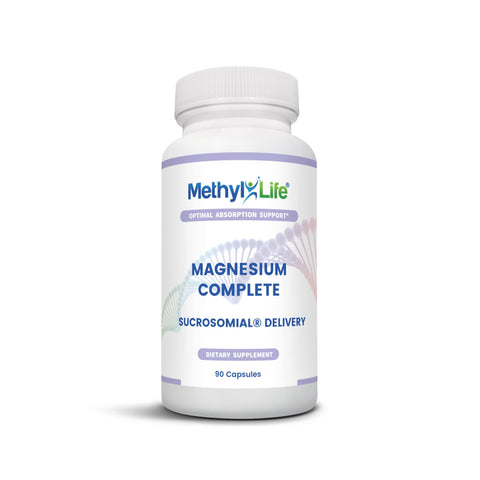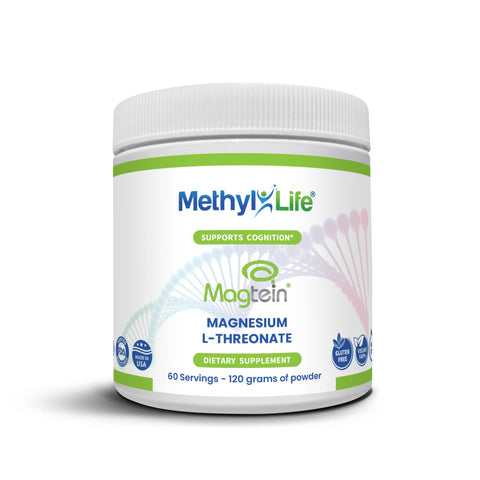What is magnesium l-threonate?
Magnesium L–threonate is a breakthrough form of magnesium with demonstrated benefits for learning and cognitive function. It was developed in 2010 by a team of neuroscientists and is now one of the most popular magnesium supplements on the market.
As an essential mineral, magnesium is required for over 300 biochemical reactions in the body.
It is the fourth most abundant ion in the body and plays a crucial role in the proper functioning of the nervous system, along with the cardiovascular and neuromuscular systems.
Magnesium has some 11 different forms, each varying considerably in terms of bioavailability and health benefits.
L threonate magnesium is one of the few forms able to cross the blood-brain barrier (BBB) for direct uptake in the brain, significantly enhancing learning and cognitive function.
This article will discuss the benefits of magnesium L–threonate and how it can support learning, memory, and overall brain function.















